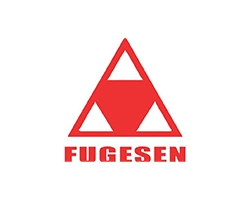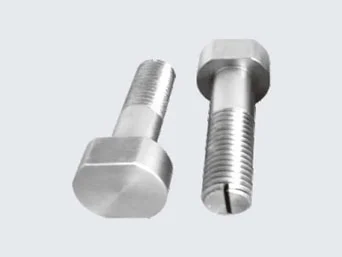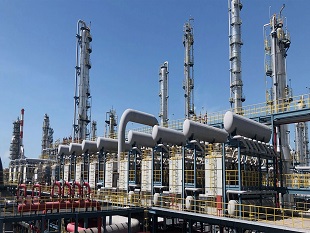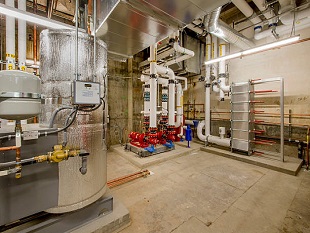The operating principle of a molybdenum electrode is based on its unique physical and chemical properties. Molybdenum is a refractory metal that has a high melting point, high thermal conductivity, and excellent mechanical strength.
During glass melting processes, a molybdenum electrode is heated to a high temperature, at which it becomes electrically conductive. The molybdenum electrode is then immersed in the molten glass, and an electric current is passed through it, generating heat and promoting the melting process.
The high melting point of molybdenum ensures that the electrode remains intact and does not melt during the process. The excellent thermal conductivity of molybdenum ensures that heat generated during the process is efficiently transferred through the electrode, ensuring uniform heating of the glass.
The mechanical strength of molybdenum ensures that the electrode has a long service life, can withstand mechanical stress, and can be reshaped or repaired if necessary. Furthermore, the high purity of molybdenum ensures that the electrode does not contaminate the glass during the melting process.
In summary, the operating principle of a molybdenum electrode is based on its ability to conduct electricity, withstand high temperatures and mechanical stresses, and efficiently transfer heat, ensuring optimal quality in the glass manufacturing process.
Molybdenum electrodes are commonly used in resistance welding due to their high melting point and excellent conductivity. To ensure their longevity and efficient performance, proper maintenance and repair are necessary.
Maintenance of molybdenum electrodes involves keeping them clean and free of contaminants. Dust, oil, and other residues can degrade their performance and cause damage. To clean electrodes, use a soft cloth and a mild solvent such as isopropyl alcohol.
Repair of damaged molybdenum electrodes involves identifying the extent and location of the damage. Minor damage can sometimes be sanded down, while larger damage may require repair welding or replacement. Repair welding involves using a TIG or laser welder to deposit a layer of molybdenum onto the damaged area. Any welding should be performed by a skilled welder to ensure a quality repair.
When not in use, molybdenum electrodes should be stored in a dry and clean location. Exposure to moisture or other contaminants can cause corrosion, which can degrade their performance and lead to failure during use. Proper maintenance and repair of molybdenum electrodes can prolong their lifespan, ensuring efficient and reliable welding operations.


 EN
EN

















































